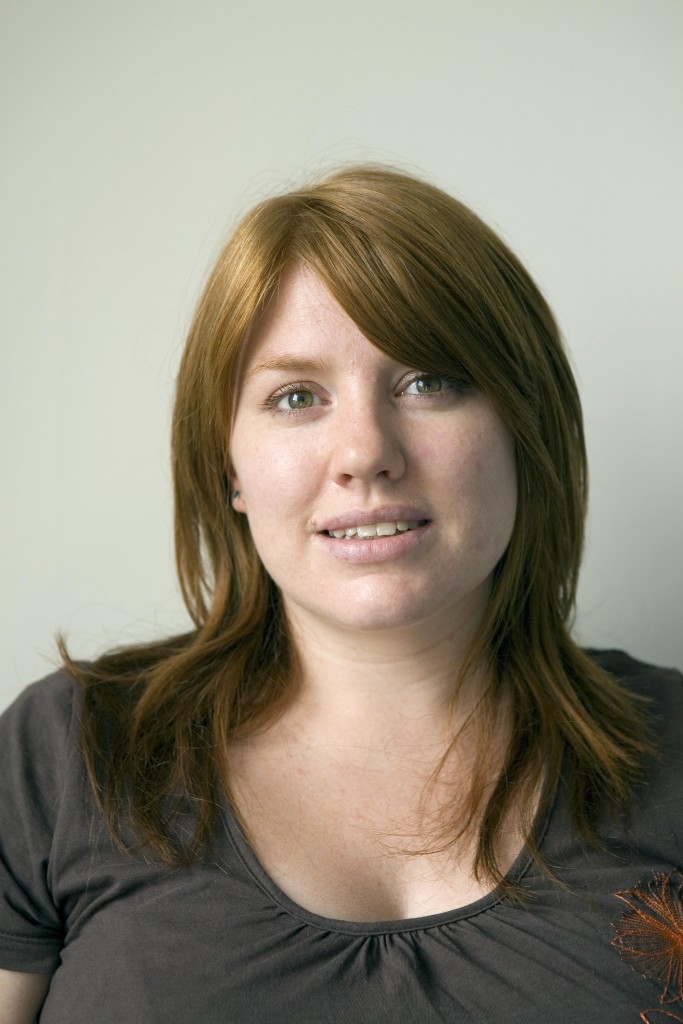A conference organised by Kent Law School surrogacy law expert Dr Kirsty Horsey will hear Baroness Mary Warnock, whose 1984 report led to the surrogacy laws we still have today, say she has changed her mind about surrogacy.
Baroness Warnock will speak at the conference, entitled ‘Surrogacy in the 21st century: Rethinking assumptions, reforming law‘, at the Friends House, Euston Road, London, on Friday 6 May 2016.
Her 1984 report on human fertilisation and embryology said surrogacy was unethical and recommended it should be discouraged by the law. It led to both the Surrogacy Arrangements Act of 1985 and the Human Fertilisation and Embryology Act of 1990.
She now says the ethical problems she associated with surrogacy in the 1980s have changed and that we should look again at surrogacy as ‘we now feel far less threatened by “unorthodox” forms of family than we did thirty years ago’.
Alongside Baroness Warnock, Professor Margaret Brazier, who chaired the government’s 1996-8 review of surrogacy, will say legal reform is crucial now as, without it, the welfare of children will be at risk: ‘The practice and problems of surrogacy have changed immensely since I chaired a review of the regulation of surrogacy in 1998. A thorough review of the law in the UK and in particular surrogacy arrangements entered into abroad is well overdue. We need to find a way of regulating surrogacy that draws on good practice that has evolved in the UK and avoids the danger of simply objectifying women as gestational carriers or ” wombs on legs”‘.
Dr Horsey has described the current law – particularly the rules relating to legal parenthood following surrogacy – as out of date and nonsensical, culminating in an inability to protect the best interests of children born through surrogacy.
She argues that an unintended consequence is that some prospective parents seek surrogates abroad largely unaware they could enter good, secure arrangements in the UK where surrogacy isn’t a commercial enterprise and fewer ethical questions arise. A report by Dr Horsey, comissioned by non-profit agency Surrogacy UK, was published last autumn.
Other speakers at the conference include Kim Cotton, founder and chairperson of COTS (Childlessness Overcome Through Surrogacy), who was the UK’s first surrogate in the spotlight. Kim said: “Thirty-one years since Baby Cotton was born into a media frenzy with sensational headlines such as “born to be sold”. Today surrogacy is an accepted form of treatment offered at many IVF Units in the UK. Three decades it has taken to become socially acceptable to be a surrogate mother and that is a wondrous achievement. Now we need the law to catch up with the changes in attitude – that will be the icing on the cake”.
A full programme and list of speakers can be found at www.kent.ac.uk/law/research/projects/current/surrogacy/projectevent.html

